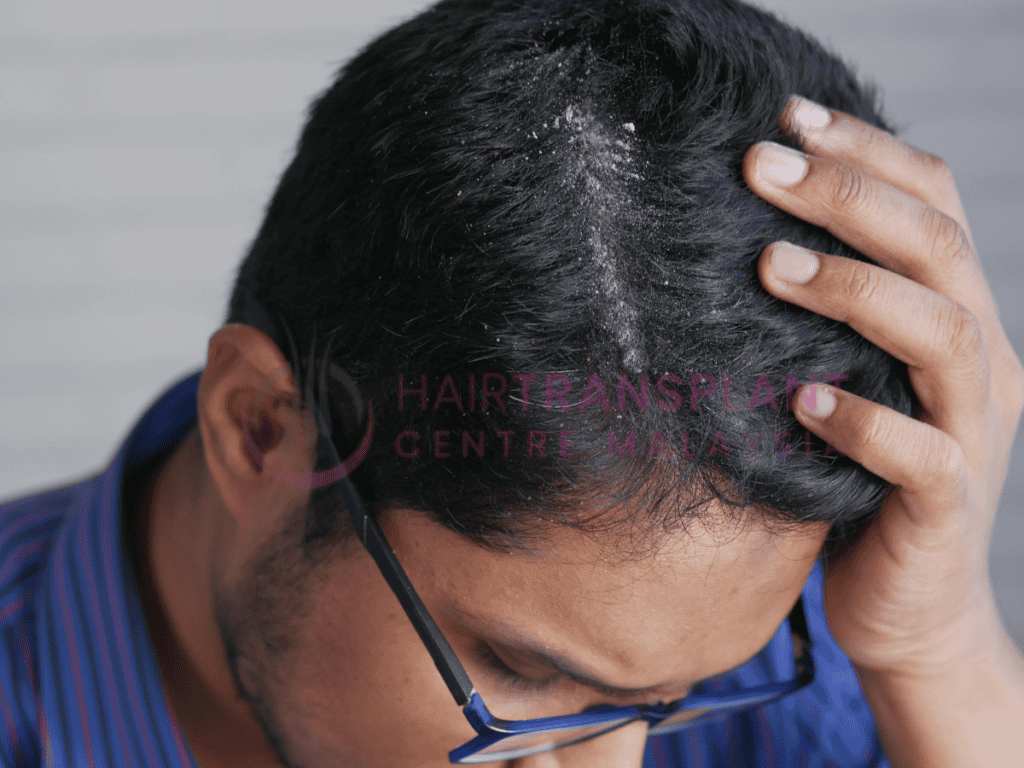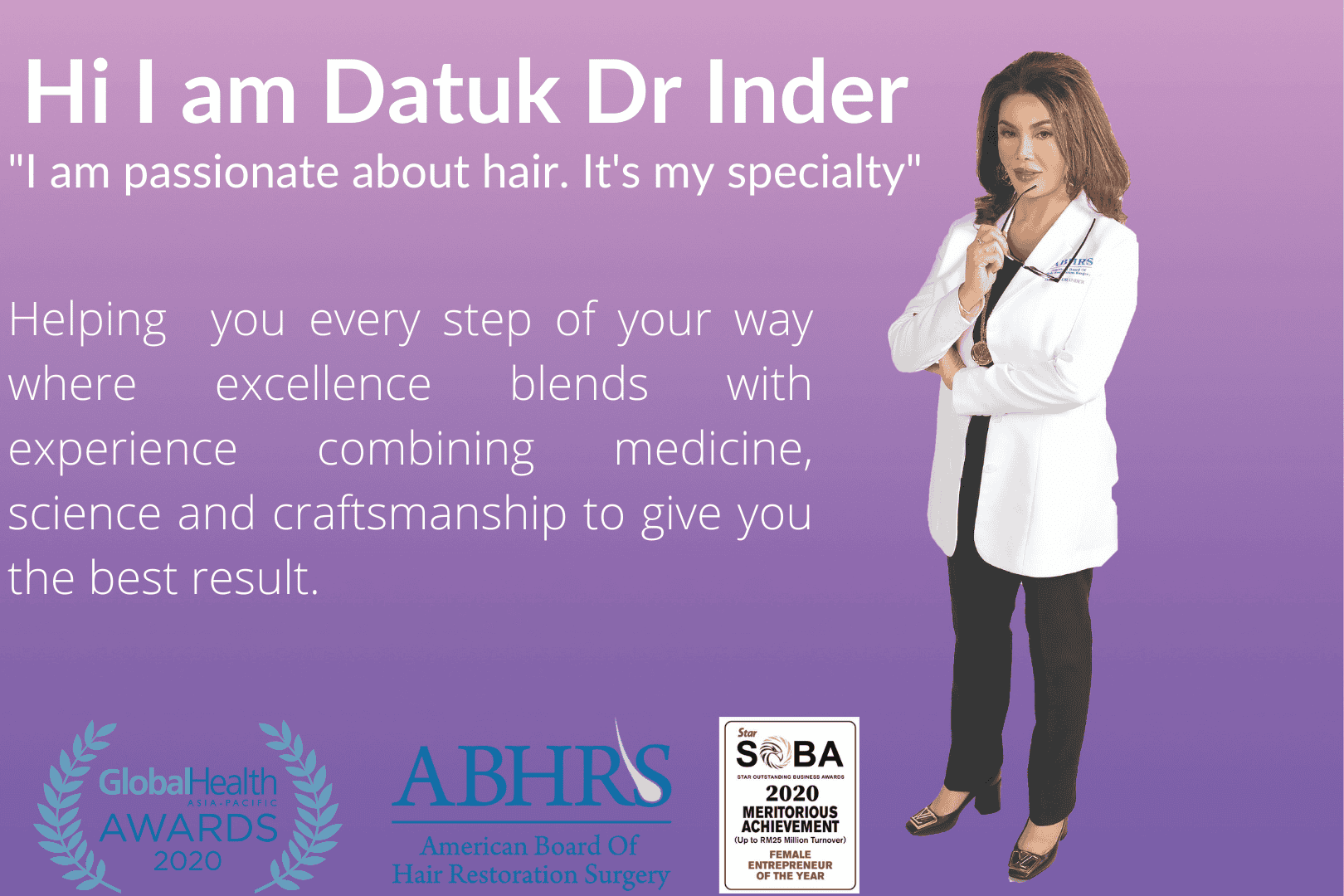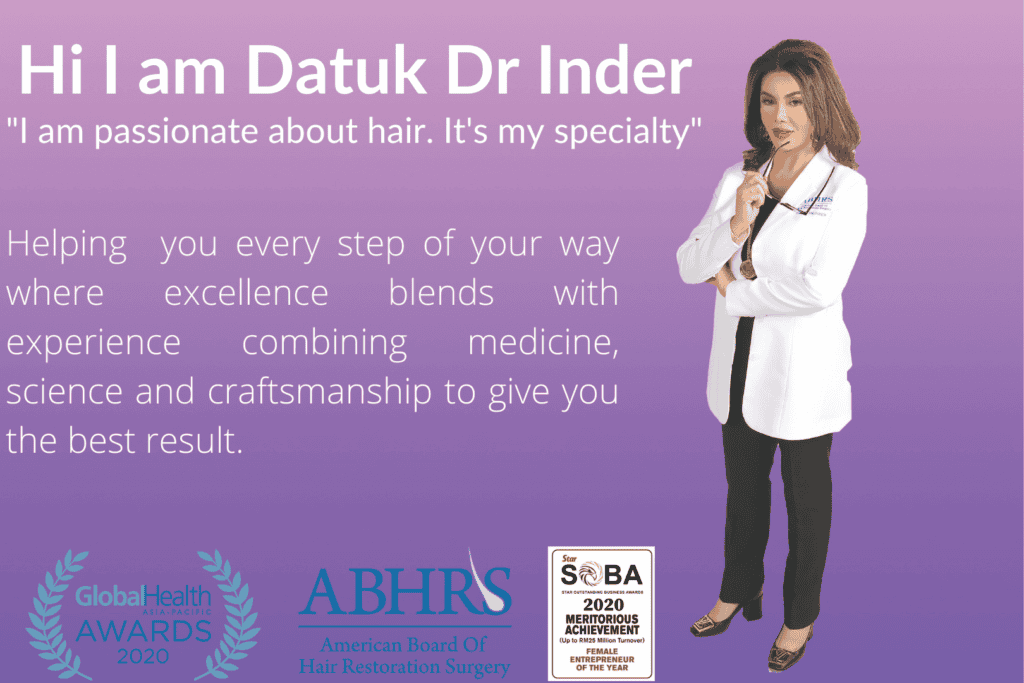Can Dandruff Affect Transplanted Hair Growth?
Have you ever looked down at your neck and shoulders after a hair transplant and noticed the light-colored flakes that you constantly have to brush off? These are the telltale symptoms of dandruff, which can leave you feeling self-conscious, uncomfortable, and unsure of what to do about it.
About half of all Americans deal with flaky, itchy scalp caused by dandruff, and they spend $300 million annually on over-the-counter treatments. Some patients still have dandruff after having therapy for hair loss, leading them to worry that the condition is interfering with the success of their transplant.
This article will give information on how to cure dandruff after hair restoration surgery and how to grow new, healthy hair.
Let us call you

Can Dandruff Slow the Transplanted Hair Growth of New Hair After a Transplant?
After undergoing hair restoration, dandruff is common and to be expected. When hair grafts are extracted from the scalp, micro-wounds are created. The removal of dead skin cells is crucial for facilitating the healing of these micro-wounds. After a FUE hair transplant, you may be prescribed minoxidil to aid in the healing process. Upon first starting the drug, you may notice an increase in dandruff due to irritation. Although the medicine does not inhibit hair growth, it may be lost if you try to scrape it off your head.
Although dandruff is a common problem, it will not prevent your hair from growing again after you have had treatment for hair loss. Shock shedding, transient hair loss, and dandruff are all signs that the transplanted hair is recovering. If you’re experiencing acute dandruff 4–6 weeks following a hair transplant, you may want to see a specialist at a hair loss clinic in Kuala Lumpur (Petaling Jaya) who may prescribe a pharmaceutical anti-dandruff shampoo.
How Can I Treat Dandruff After Having a Hair Transplant Done?
Don’t freak out if dandruff appears after hair transplantation. For the first four to six weeks after surgery, you should only use the shampoo your surgeon approves of. Nizoral is the preferred over-the-counter alternative recommended by nearly all doctors to maintain a moist scalp. Seeking for a hair loss doctor in Kuala Lumpur (Petaling Jaya) and establishing a tailored aftercare plan is advised as each patient’s needs vary.
Here are some things to keep in mind about dandruff treatment after undergoing hair restoration or transplantation:
- Don’t pick at your head or try to get rid of dandruff.
- Don’t touch the grafts or the scalp until the doctor tells you to. The implants might get dislodged or damaged if you handle them.
- If your doctor gives you the go-ahead, soak your head in hot water and apply a shampoo that helps hair hold onto moisture. In order to avoid such difficulties, it is best to refrain from using harsh, traditionally-formulated anti-dandruff shampoos.
- Healing time and scab development are both greatly sped up by oil massages. Don’t scratch the surface with your nails; instead, massage it softly.
Do You See Dandruff Disappear Over Time?
Guaranteeing that dandruff won’t return after hair restoration is exceedingly difficult. At this stage, paying attention to your food and taking the necessary vitamins might help you get rid of dandruff. The appropriate diet may be an effective treatment for dandruff. Hair restoration specialists in Kuala Lumpur (Petaling Jaya) recommend the following diet after a hair transplant:
- Fruits
- Vegetables
- Lean meat
- Eggs
- Seafood
- Olive oil
- Trail mix and yogurt
- Iron and zinc supplements
Transplanted Hair Growth: Reasons Why Your Scalp Is Peeling
Dandruff after hair restoration might be caused by a number of different things. The term “dandruff” is commonly used to refer to cellular changes and immune system dysfunction. Most cases of persistent dandruff may be traced back to underlying deficiencies or diseases.
Dandruff is often caused by either an overly dry or too oily scalp. The sebaceous glands are responsible for the oily scalp, while the use of heat tools and poor hair care practices lead to the dry variety. They are both causes of flaky scalp and thinning hair.
What if I have dandruff? Can I still have a hair transplant?
Although dandruff is becoming increasingly common, it will not prevent your hair from growing again after undergoing hair restoration. Patients with severe dandruff due to seborrheic dermatitis are not candidates for hair transplantation, despite the fact that dandruff following a hair transplant is usual. If the problem persists for a long period, you should see a dermatologist and consider prompt treatment.


